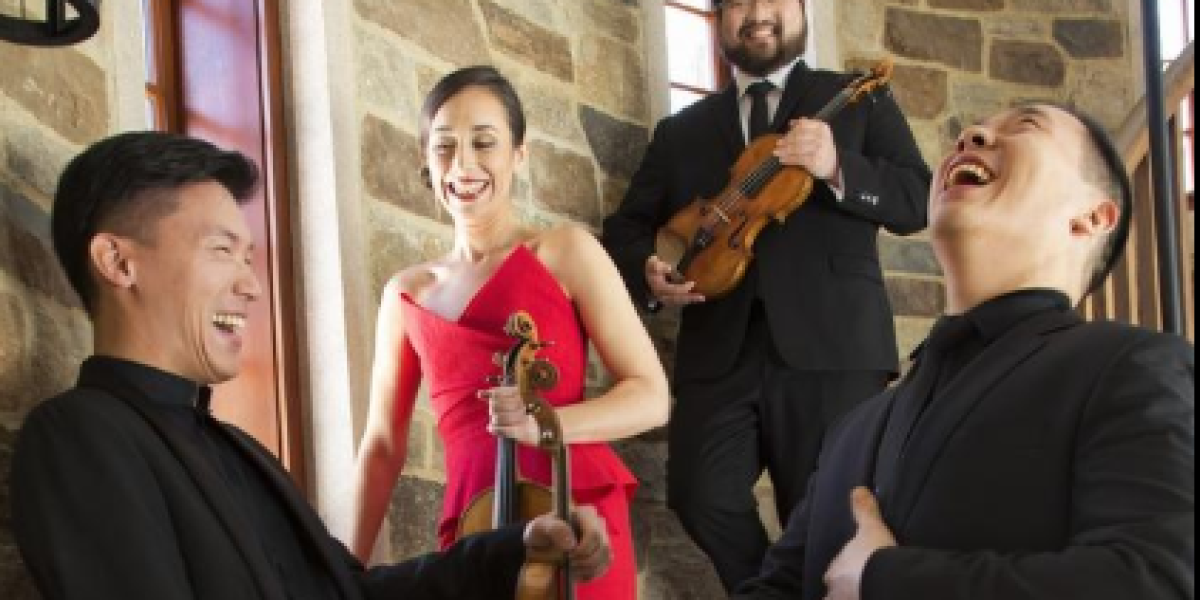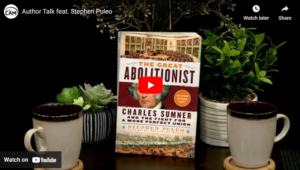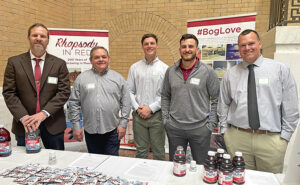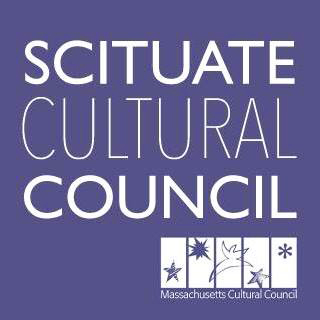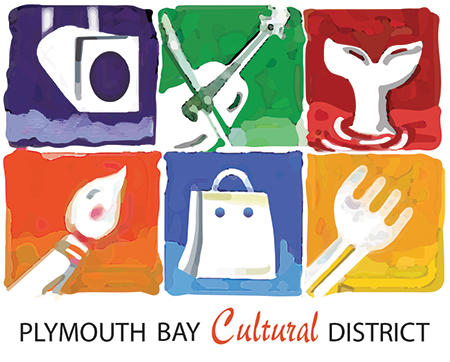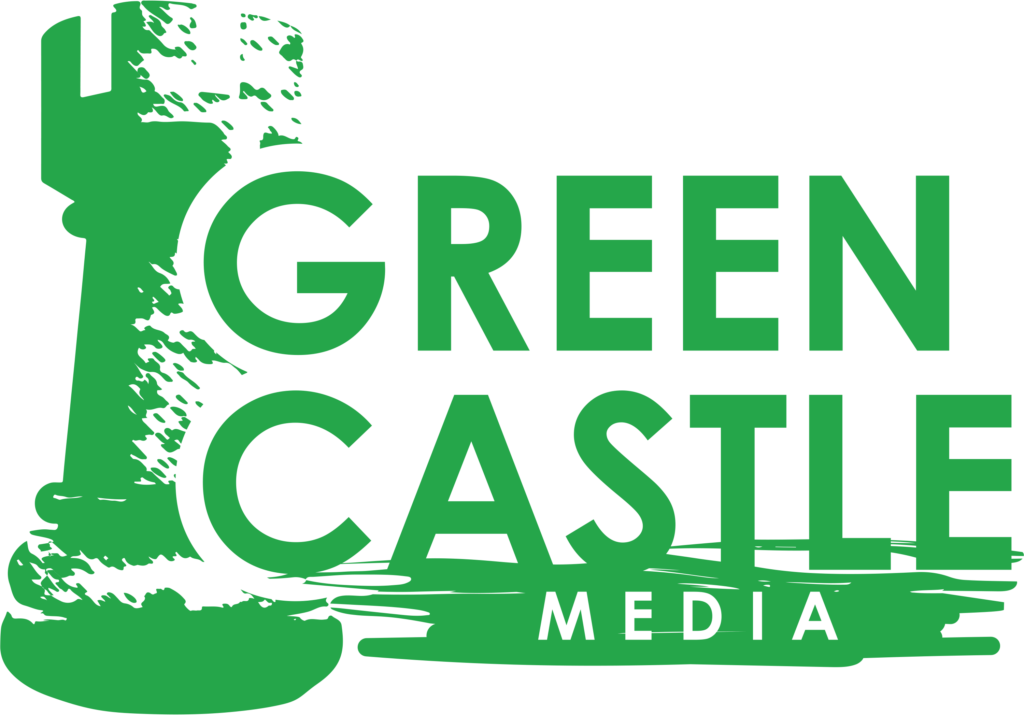
WICKED LOCAL PROVINCETOWN – The Cape Cod Chamber Music Festival concludes its 12-concert run this summer with a program titled “Finale Fireworks” this Friday evening at the Wellfleet Congregational Church. The featured performers are the up-and-coming Parker String Quartet and the two artistic directors of the festival, clarinetist Jon Manasse and pianist Jon Nakamatsu, playing works by Khachaturian, Ravel and Dohnanyi.
The Parker Quartet has just completed its fourth year as artists in residence at Harvard’s music department, and its members, violinists Daniel Chong and Ken Hamao, violist Jessica Bodner and cellist Kee-Hyun Kim, all have stellar credentials. Chong and Bodner, who are married, studied at the New England Conservatory, as did Kim; Chong also attended the Curtis and Cleveland institutes. Hamao is a Juilliard graduate. Among numerous other honors, the ensemble won a Grammy Award in 2011 for its recording of Ligeti’s complete works for string quartet.
Composer Aram Khachaturian was born in the Georgian town of Kodzhori (now Tbilisi) in 1903, then part of the Russian Empire. His father was a bookbinder. He didn’t study music as a child, but picked up the cello for the first time as a 19-year-old biology student. His great musical talent was soon recognized and he was admitted to the Moscow Conservatory.
The trio for clarinet, violin and piano was composed in 1932 while Khachaturian was still at the conservatory. His teacher, Nikolai Myaskovsky, was so impressed with the harmonic and rhythmic originality of the piece that he arranged for its premiere in Paris. The almost improvisatory character of its cross-rhythms make the trio a challenging one for the players.
In some ways, the most exciting element of all three works on Friday’s program is their rhythmic inventiveness. Maurice Ravel’s only string quartet, composed in 1902 and 1903 and revised in 1910, is the work of a mature composer who was famously fascinated by American ragtime and jazz. The irresistible second movement of the quartet, marked “Assez vif, Très rythmé,” is an homage to Ravel’s older counterpart, Claude Debussy, who used pizzicato in a similar way in his string quartet. But the real fireworks come in the finale, which opens, “Vif et agité,” in the revolutionary time signature of 5/4 and ends in a fortissimo eruption.
The last movement of the piano quintet in C minor, Opus 1, of the underappreciated Hungarian composer Ernö Dohnányi, which closes out the program, is also in 5/4 time. Like the Khachaturian trio, it was written while the composer was a student, in 1895, and it won him instant fame. Brahms, whose own piano quintet is one of the masterpieces of the literature and who was not known for praising other composers, heard it and said, “I could not have written it better myself.”
Clarinetist Manasse is justifiably thrilled with the impressive lineup of world-class musicians who have come to the Cape to participate in the festival. This success has been made possible by the support of the community, including an unusually generous bequest this year from Warren Hassmer of Truro, who died in April.
“We didn’t even know him,” says Manasse, “but he’d been coming to the festival for years, and was deeply moved by the music. After he passed away, we learned that he had bequeathed a quarter of his estate to the festival. By all accounts, he was a wonderful man.”
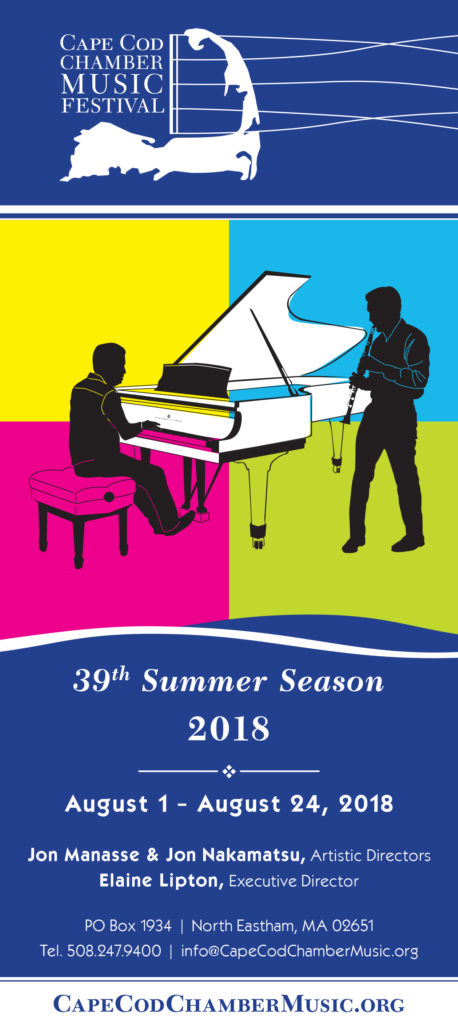 Cape Cod Chamber Music Festival finale
Cape Cod Chamber Music Festival finale
What: “Parker Residency: Finale Fireworks,” with the Parker Quartet, Jon Manasse & Jon Nakamatsu
When: 7:30 pm Friday
Where: First Congregational Church of Wellfleet, 200 Main St.
Admission: $38, students $15, 18 or under free, at capecodchambermusic.org
Hassmer was a retired professor of English who was renowned for his four-acre garden and love of the arts. For the two artistic directors of the festival, Hassmer’s gift confirmed their sense of purpose.
“Our mission has been to have the community feel ownership of this festival,” says Manasse. “We see how vital it is. We try to create not just a concert series but a true festival atmosphere. People want to go to the Cape and be able to hear great concerts. They don’t have to schlep to Lincoln Center. And to have the music that close to you in the Wellfleet church is unbeatable. It’s much different from going to Geffen Hall.”
Thanks to the festival’s enthusiastic audiences, Manasse says, “All the musicians who come to the Cape want to come back. That inspires me and Jon [Nakamatsu] to do more and more. Perhaps it’s the tenor of the times. We’re trying to find ways to unite people — and there’s no better way to unite than through music.”
By Edward Miller

